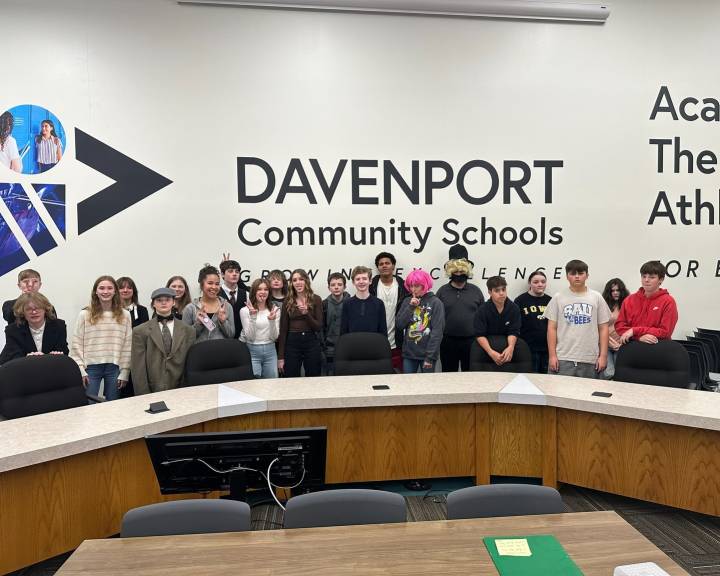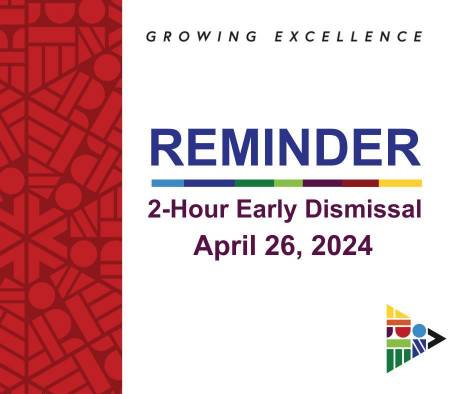Davenport Community School District Preschool Partner Sites
Iowa’s Statewide Voluntary Preschool Program for Four-Year-Olds
The purpose of this program is to provide an opportunity for all children aged four in the State of Iowa to enter school ready to learn by expanding voluntary access to quality curriculum based preschool. This is a grant funded program awarded to Davenport Community Schools. The scope of the grant includes a necessity to include in the division of funds community partner agencies such as private parochial preschools, community agency preschools, and any private preschool or daycare that are willing to adopt appropriate curriculum and house a licensed teacher.
Eligibility Requirements for the Statewide Voluntary Preschool Program
- Child must be 4 years old on or before September 15th
- Child must be a resident of Iowa
- Child does not have to live within the Davenport school district boundaries
Because of the varying types of preschools available to the Davenport area each preschool may also have their own additional eligibility requirements for their specific location. Those requirements can be found by choosing one of the links below. The specific information will appear for that site with a link or a phone number to get site information concerning enrollment and requirements for enrollment.
Requirements of the Participating Preschools:
- Must have a licensed teacher licensed through the state of Iowa in Early Childhood Education
- Must have no more that 10 students per adult with a limitation that each classroom will not exceed 20 students.
- Must provide a minimum of 10 hours of curriculum based programming per week.
- Must provide a minimum of 35 sq feet of usable space per child in each of the primary indoor activity areas.
- Each preschool site is required to adhere to the guidelines and report to the state adherence to the guidelines in the form of a Site Self-assessment. Within this assessment the following areas are addressed:
- Building positive relationships among teachers, families and children through socialization, consistent harmonious classrooms, and development of self-regulation in each student.
- Curriculum content areas for cognitive development in science, language development, early literacy development, mathematics, technology, expression and appreciation for the arts, health and safety, and social studies.
- The teachers ability to organize the time and space available, control the classroom through addressing challenging or disruptive behaviors, sight supervision, ability to recognize each students interests and needs, as well as their ability to deepen the students understanding of curriculum topics and then build on their skills and knowledge.
- Maintaining an assessment plan to chart the growth on all areas of children’s development and learning including cognitive skills, language, social-emotional development, approaches to learning health, and physical development (including self-help skills)
- Adherence to approved nutrition and health requirements of all children and staff to protect them from preventable illness and injury.
- Open communication between teacher or site and the student’s family through a variety of formal and informal strategies such as conversations, written communications, open houses and parent-teacher conferences.
- Being the link between families and community agencies by maintaining a current list of child and family support services available to families such as health, mental health, oral health, nutrition, child welfare, parenting programs, early intervention/special education screening and assessment services, and basic needs such as housing and child care subsidies.
- Adherence to specific guidelines for space and a variety of age appropriate and developmentally appropriate equipment, furniture and hands on materials for both indoor and outdoor play.
- Leadership and managerial requirements of the program as well as fiscal accountability policies, health, nutrition, and safety policies, and personnel hiring policies for support staff there to assist the teachers.
- Must provide accountability to the state through annual reports designed to monitor all aspects of the program including but not limited to cognitive growth of each student, spending of grant funds, and eligibility of teachers and support staff.









